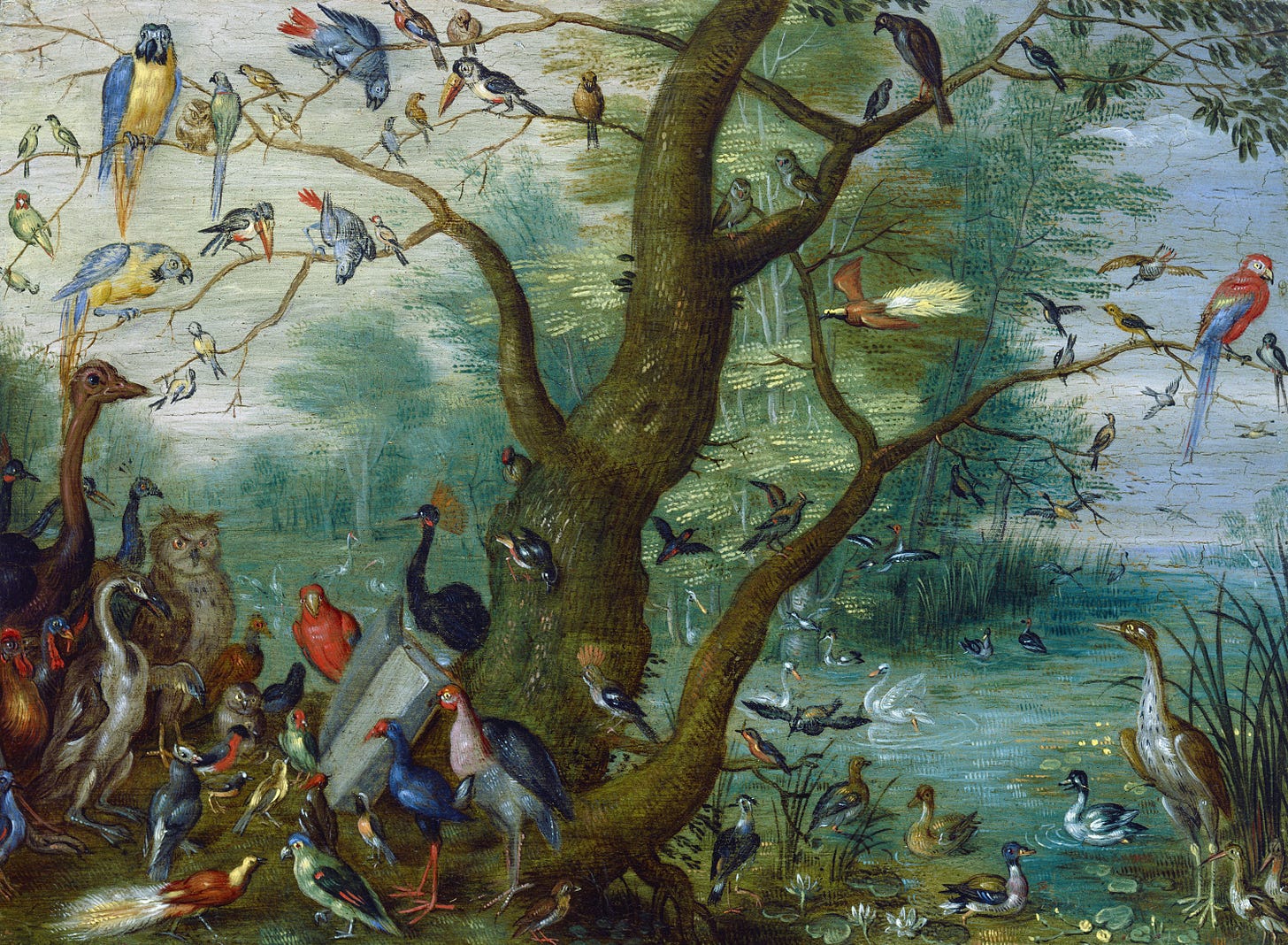Today’s Poem: I Went to the Animal Fair
Even modern verses can come from the mists of tradition, as the history of this lighter Wednesday poem shows.

Keep reading with a 7-day free trial
Subscribe to Poems Ancient and Modern to keep reading this post and get 7 days of free access to the full post archives.



